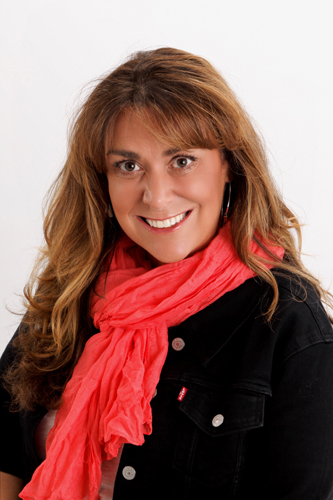From the Front Lines: Builders Risk

Shelli Lucus-Kennedy
Owner & Senior Commercial Broker
American Insurance Associates
Snohomish, Washington
How did you get started at your agency?
I’ve been in the insurance industry for 40 years. After taking a job as a file clerk, I just grew up in it. I started American Insurance Agency 14 years ago, and I specialize in developers, home brokers, condo developers—anything related to the construction industry.
Why builders risk?
My whole family is builders and developers. I grew up on the job site, so I speak builder. It was a natural stay. I could walk into the developer’s office and figure out what they need just with a really simple conversation. Most general agents can’t do that, or they don’t understand what they’re talking about. I can take their financials and their budgets and put their projects together really quickly.
Biggest builders risk challenges?
The biggest challenge in builders risk is first of all getting the budget out of the builder. Then I can determine exactly what is and isn’t covered and do my applications accordingly. When I work on a big construction project, I literally do a connect the dots with their project—who owns it all the way down to the investors, all the lenders, who the professionals are. I have to make sure that I protect everybody who has a financial interest in the project.
Most people do that wrong, actually. To do it right, you have to know the products. You have to know the difference between what Liberty Mutual covers, what Chubb covers and so forth, so that when you do your submissions, you’re not just giving a $25 million limit to every carrier. Initially for getting a rate quote, it’s OK to go out with a $25 million limit and get your rate, but then you need to get the coverage forms, read what is actually covered, and then dissect the budget.
How has builders risk changed?
There’s a lot more availability than there was a few years ago. It’s always been a wildcard product because it’s not regulated, but not all products are the same. You can get all these different quotes, but they’re not equivalent quotes, they aren’t covering equivalent things. Builders risk is extremely technical if you do it right—and that’s what most agencies and brokers miss. You can save your client thousands and thousands of dollars if you do it right.
It’s also changed in the sense that the carriers have made much more tailored products. It used to be that you got what you got but now most of the insurance companies have come out with specialized products. It was pretty standardized, but because it’s such a moneymaker, the carriers have come up with variations of old products. They don’t follow ISO form. I don’t think a day goes by that I don’t get some sort of new, weird carrier, or wholesaler usually, selling some sort of new builders risk product.
Future of builders risk insurance?
With all the natural disasters, I should imagine the rates are going to go up this next year drastically, and also in the next five years. Texas rates are really, really high and there’s a lot less availability down there because of the soils movement issues. I’m expecting that to get even worse because of the storms down there. Earthquakes and floods are hard to get.
Advice for a fellow builders risk insurance agent?
Read the forms and match them to the budgets. You’ve got to know what the form is covering and then take out anything in the budget that isn’t covered because you’re charging your insured for something that they’re not going to get payment for in the end. I see it all the time and it blows my mind. It’s a huge errors & omissions exposure.
Favorite builders risk success story?
A large project came to me, a 26-story condo in Las Vegas. The prior agent, a very big national broker, had included both the land and the dirt work, as well as the soft costs, in the structure limits. Those things needed to be stripped out. It was maybe a $180 million project and $40 million of that was soft costs—loan fees, real estate fees, stuff that has nothing to do with the actual physical building of the structure. When it came to me as a competing broker, they gave me the quote from the other broker and they gave me their budget. Immediately I looked at it and thought, “Something is off here.” It was about $80,000 in savings. It was just as bad on the liability side. I ended up saving them millions in the end.
Will Jones is the IA assistant editor.










